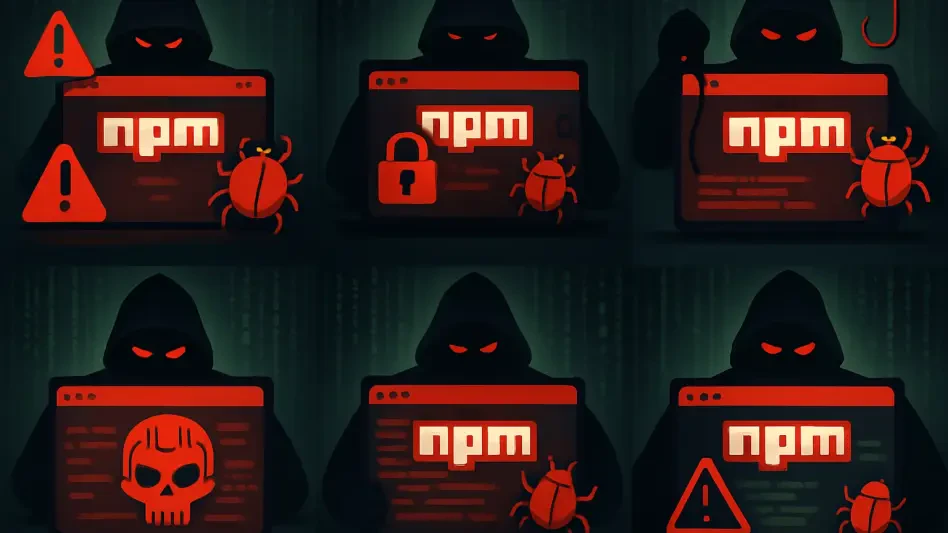The discovery of a signature verification bypass vulnerability in the Nuclei vulnerability scanner has raised significant concerns. This vulnerability, if exploited, could allow malicious actors to inject harmful code into the target environment without detection. The Nuclei tool, created by ProjectDiscovery, is widely used for its effective vulnerability scanning capabilities, particularly through its use of YAML-based templates. With over 2.1 million downloads on GitHub, Nuclei has garnered widespread adoption across various sectors. The research team at Wiz recently uncovered this critical flaw, which threatens the security tool’s fundamental reliability.
Discovery and Nature of the Vulnerability
Researchers at Wiz identified a serious flaw in Nuclei’s signature verification process, which allowed adversaries to embed malicious code unnoticed. The vulnerability stems from a discrepancy between how regex and YAML handle signature parsing, leading to a verification bypass. Nuclei’s signature verification process typically involves four steps: extracting the signature using regex to isolate the # digest: line, excluding the identified signature from the template, hashing the remaining content, and validating this hash against the extracted signature. Following these steps, the verified signature is parsed as YAML using Go’s gopkg.in/yaml.v2 library.
The issue arose from a conflict between the regex-based signature parser and the subsequent YAML parser. The regex-based parser uses the pattern (?m)^#\sdigest:\s.+$ to find lines starting with # digest:. However, the YAML parser treats # digest: as a comment and ignores it during execution, creating a mismatch. This inconsistency allowed attackers to hide malicious code within the templates that could bypass regex verification but get executed by YAML parsing. By inserting malicious content with a \r character, they could effectively evade detection during the signature verification stage while ensuring the injected code is parsed by YAML.
Impact and Resolution
The recent identification of a signature verification bypass vulnerability in the Nuclei vulnerability scanner has sparked significant concern. If exploited, this flaw enables malicious actors to inject harmful code into the target system undetected. Nuclei, developed by ProjectDiscovery, is widely renowned for its effective vulnerability scanning capabilities, largely due to its reliance on YAML-based templates. The tool’s popularity is evident with more than 2.1 million downloads on GitHub, showing its extensive adoption across diverse sectors. The research team at Wiz recently uncovered this critical flaw, which undermines the fundamental reliability of the security tool. This discovery highlights the ongoing need for vigilance in cybersecurity, as even trusted tools can have hidden vulnerabilities. The revelation also emphasizes the importance of regular updates and patches to protect against emerging threats. The cybersecurity community must address these issues promptly to ensure the safety and integrity of the systems that rely on tools like Nuclei.







